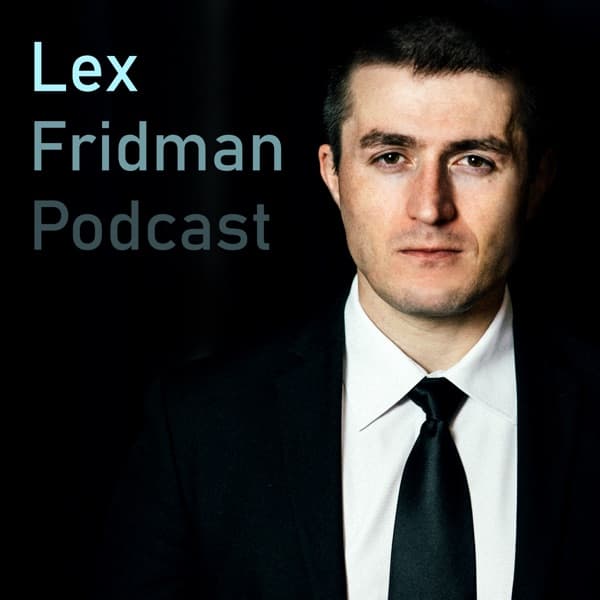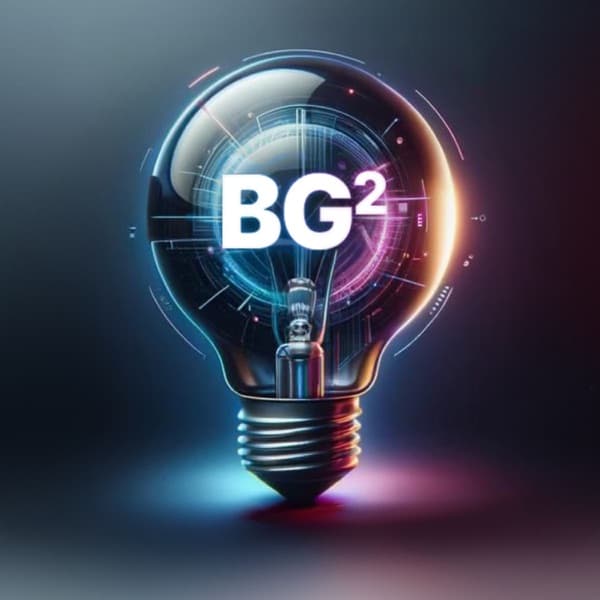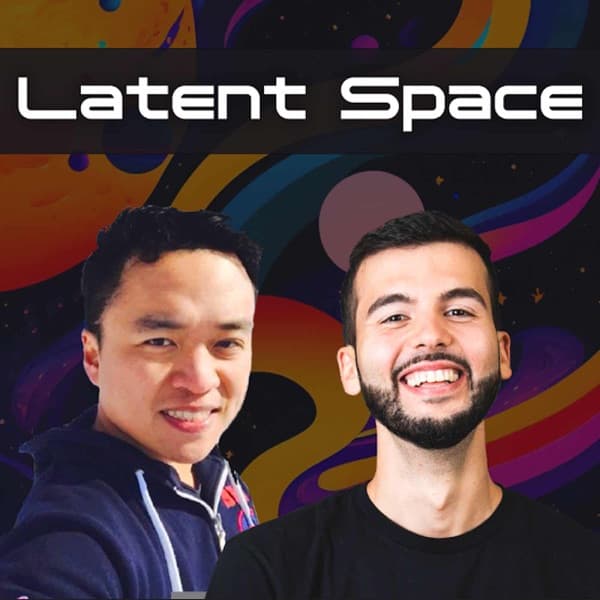Fireship: Elon Musk attempts a hostile takeover of OpenAI, offering $97.4 billion, but faces resistance from Sam Altman and complex financial implications.
Fireship - Elon Musk attempts hostile takeover of OpenAI…
Elon Musk has made a surprising move by offering $97.4 billion to take over OpenAI, a company with only $3.7 billion in revenue and high annual expenses. Despite the generous offer, Sam Altman, OpenAI's CEO, declined and countered with an offer to buy Twitter. Musk's bid is seen as a strategic move to gain control over artificial intelligence, a critical component for his vision of world domination. OpenAI's transition from a nonprofit to a for-profit structure complicates the situation, as Musk's offer targets the nonprofit's assets, which include control over the for-profit entity. This move could hinder OpenAI's mission to create AI for humanity's benefit, as it raises the nonprofit's valuation, making it harder to transition to a for-profit model. Additionally, Microsoft's stake in OpenAI's future profits adds another layer of complexity. While Musk's intentions are questioned, the likelihood of him succeeding in this takeover is low, but the rivalry between Musk and Altman continues to intensify.
Key Points:
- Elon Musk offers $97.4 billion to take over OpenAI, a company with $3.7 billion revenue.
- Sam Altman declines Musk's offer and counters with a bid to buy Twitter.
- Musk's offer targets OpenAI's nonprofit assets, complicating its transition to a for-profit model.
- Microsoft's stake in OpenAI's future profits adds complexity to the takeover bid.
- The likelihood of Musk succeeding in the takeover is low, but the rivalry with Altman persists.
Details:
1. 🤖 Elon Musk's Ambitious Bid for OpenAI
1.1. Elon Musk's Acquisition Attempt
1.2. Rejection and Strategic Implications
2. 📅 February 11th, 2025: Key Insights from The Code Report
- Analyzing the recent SHS firing reveals potential market shifts.
- The SHS event could lead to significant changes in industry dynamics.
- Understanding the implications of SHS is crucial for stakeholders.
- The firing indicates a potential 12% change in market share for competitors.
- Stakeholders should focus on adapting strategies to accommodate potential shifts.
- The incident emphasizes the need for agility in strategic planning.
3. 🚀 Musk's Innovations and Future Goals
- Elon Musk revolutionized the automotive industry by making electric cars mainstream and appealing, leading to widespread adoption and competition in sustainable transportation.
- Musk's SpaceX initiative has placed internet satellites in orbit, enhancing global internet connectivity and reaching underserved areas.
- Through Neuralink, Musk has advanced the integration of technology with biology by developing brain chips, a step towards merging human cognition with artificial intelligence.
- He holds significant influence over government policies, indicating his power in shaping technological and scientific agendas.
- Musk's Mars colonization vision aligns with Verner Von Brown's 1954 'Mars Project', showcasing his commitment to interplanetary travel and the future of human settlement beyond Earth.
4. 🎯 AI: The Missing Piece in Elon's Domination Strategy
- Elon Musk views artificial intelligence as essential for achieving global dominance, integrating it into his broader business ventures such as Tesla and SpaceX to enhance technological capabilities.
- He contributed approximately $50 million to OpenAI when it was a nonprofit, highlighting his commitment to advancing AI research and development.
- Musk's strategic refusal to abandon his investment in OpenAI after its shift to a for-profit model reflects his long-term vision of leveraging AI for societal benefit, aligning with his emphasis on AI safety.
- The focus on AI safety underscores Musk's strategic intent to ensure that AI developments align with human welfare, influencing his investment and partnership decisions.
5. 📉 OpenAI's Business Model Challenges
- Elon Musk proposed merging OpenAI with Tesla, aiming to take control to advance AGI, despite OpenAI's recent valuation by SoftBank at $260 billion.
- Elon's offer targets only the nonprofit aspect of OpenAI, which is valued by OpenAI at $40 billion, indicating a strategy to maintain a low valuation during transition.
- The proposed merger could significantly impact OpenAI's operations by aligning it closely with Tesla's technological objectives, potentially affecting its independent research focus.
- Understanding the implications of the $40 billion valuation is crucial as it reflects the economic considerations of transitioning the nonprofit arm under Tesla's influence.
- The differing valuations between SoftBank's and OpenAI's perspectives highlight strategic positioning and potential future directions for OpenAI under new leadership.
6. ⚖️ Nonprofit to For-Profit: Navigating Structural Complexities
- A nonprofit cannot be bought outright, but its assets, including control over a for-profit entity, can be acquired.
- The board of directors of a nonprofit valued at $40 billion should theoretically consider selling it for at least double the price.
- The transition of OpenAI from nonprofit to for-profit is complicated by the need for OpenAI Profit to compensate OpenAI Nonprofit for its ownership.
- Increasing the value of the nonprofit complicates its mission shift from AI for humanity to a for-profit model benefiting shareholders.
- Microsoft's entitlement to a share of OpenAI's future profits further complicates any potential sale or transition.
7. 🔄 Historical Echoes in Modern Tech Rivalries
- OpenAI's entry into chip manufacturing marks a significant shift towards vertical integration, reminiscent of historical tech strategies by giants like Apple and Google, which could lead to increased control over their technology stack and cost efficiencies.
- The development of a government-specific chatbot by OpenAI indicates a strategic alignment with governmental needs, potentially securing lucrative contracts and expanding influence in public sector technology.
- Elon Musk's engagement with Doge reveals inefficiencies in government spending, similar to past market manipulations by influential figures to gain leverage, highlighting the need for accountability in tech-driven financial maneuvers.
- 'Big Balls', a young hacker, exemplifies the impact of tech-savvy individuals on state matters, akin to historical figures who leveraged unique skills to influence political dynamics, emphasizing the growing influence of individual actors in geopolitical tech landscapes.
- The engagement of tech firms like OpenAI in governmental affairs mirrors historical precedents where market manipulation was used to sway state policies, suggesting a continuous pattern of influence by major tech players in shaping governmental strategies.
8. 🔮 The Ongoing Saga of Elon vs. OpenAI
- The likelihood of Elon Musk purchasing OpenAI is extremely low, currently estimated at 3% according to betting markets. This low probability reflects the high barriers and complexities involved in such a transaction.
- The ongoing disagreements and rivalry between Elon Musk and OpenAI continue to be a significant topic of interest, with both parties having differing visions and strategies for the future of AI. This rivalry is rooted in foundational differences regarding AI development and its implications on society.
Included Channels
 Lex Fridman Podcast
Lex Fridman Podcast All-In with Chamath, Jason, Sacks & Friedberg
All-In with Chamath, Jason, Sacks & Friedberg Modern Wisdom
Modern Wisdom Greymatter
Greymatter In Depth
In Depth a16z Podcast
a16z Podcast Lenny's Podcast: Product | Growth | Career
Lenny's Podcast: Product | Growth | Career Lightcone Podcast
Lightcone Podcast No Priors AI
No Priors AI The Twenty Minute VC (20VC): Venture Capital | Startup Funding | The Pitch
The Twenty Minute VC (20VC): Venture Capital | Startup Funding | The Pitch How I Built This with Guy Raz
How I Built This with Guy Raz BG2Pod with Brad Gerstner and Bill Gurley
BG2Pod with Brad Gerstner and Bill Gurley Latent Space: The AI Engineer Podcast
Latent Space: The AI Engineer Podcast




